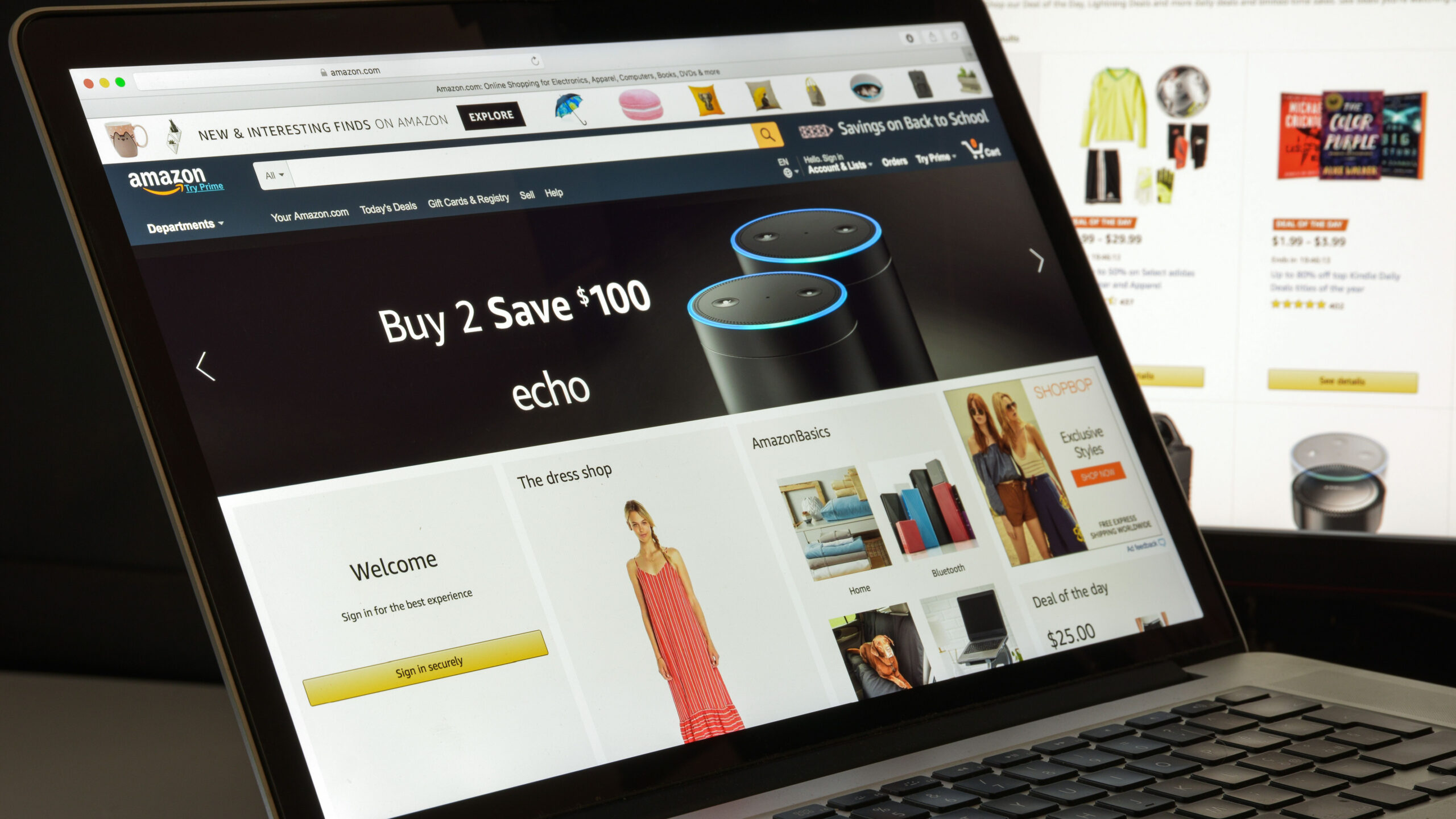Facebook Debuts Long Anticipated “Off-Facebook Activity” Feature
Modern digital services have provided massive value to consumers while driving economic success and innovation. At the same time, the complexity of the digital advertising ecosystem and high-profile breaches involving personal information have made many internet users feel like they have “lost control” over their online information. In order to maintain and enhance the user trust that underpins the digital economy, digital services are developing new policies and systems to give users more transparency and control over how their information is collected and shared over the internet. On August 20, Facebook began rolling out its long anticipated “Clear History” tool, named “off-Facebook Activity” (OFA), which is designed to provide users with an unprecedented level of granular insight and material decision-making power over Facebook’s storage and use of data shared by businesses for advertising purposes across the internet.
OFA was originally announced at Facebook’s F8 developers conference in May 2018 with the goal of enabling users to access browsing activity shared by third-party websites and applications and to disassociate that information from their Facebook accounts. In a post announcing the tool, Facebook CEO Mark Zuckerberg explained that it would allow users to “see information about the apps and websites you’ve interacted with, and you’ll be able to clear this information from your account. You’ll even be able to turn off having this information stored with your account.” While technical challenges related to how Facebook stores and categorizes advertising data caused delays to its launch date, the tool announced today contains even stronger user controls than originally envisioned.
Background
In order to facilitate the personalized advertisements that support its free service, Facebook provides a series of instruments that allow third-party websites and apps to direct advertisements to Facebook users that have already visited their site and track the performance of their ads. These instruments are known as ‘business tools’. For example, a clothing retailer might record that potential customer has viewed boots on its e-commerce webpage and send this interaction to Facebook. Back on Facebook, this data will be connected to an individual’s account. The retailer can purchase advertisements on Facebook targeting that user (and other visitors to the webpage) featuring those boots or related products. This process does not involve sharing that user’s account or any associated information back to the retailer. While some users may derive value from receiving personalized ads, others may feel uneasy about a particular article of clothing appearing to follow them around the internet.
To address these concerns, the off-Facebook Activity tool is designed to empower users with increased transparency and control over the activity shared by businesses through Facebook’s business tools. OFA offers a window into how third-party websites collect and share browsing information with Facebook for advertising purposes and enables users to disconnect that data from their Facebook accounts, which will subsequently limit the personalized advertising that a user receives.
Promoting Data Transparency:
The off-Facebook activity tool provides users with transparency into the data that Facebook’s business tools send to Facebook. Facebook users will be able to access the following specific categories of information relevant to their account through the tool:
- A list of websites and applications that have sent information through their business tools about that user’s browsing activity to Facebook over the past 180 days.
- The number of recorded interactions that those specific third-party websites or apps have transmitted to Facebook.
- The ability to download more granular information about the specific browsing events that a third-party website or app has recorded and transmitted to Facebook. Typical events might include viewing a certain page or placing an item in an online shopping cart.
Enabling User Control:
The tool contains two mechanisms to allow users to limit or prevent their browsing activities taken on third-party websites and apps from being persistently stored with their Facebook accounts. Users mays choose to disassociate third-party browsing information in bulk or on a website-by-website basis:
- Clear History: Users may choose to clear Facebook business tool information from third-party websites and apps that has been connected to their account. This feature is similar to the “delete cookies” option available in many web browsers.
- Manage Activity: Users may choose to have information that apps and websites send to Facebook disconnected from their account on a going forward basis. They can do this for all of their off-Facebook activity (bulk) or just for specific apps and websites (granular).
The rollout of Facebook’s “off-Facebook Activity” tool is ongoing and most users should expect to have access to this feature in the near future. Users can find the tool under a new “off-Facebook Activity” category available in their settings. Furthermore, Facebook is expected to launch a consumer education campaign explaining the off-Facebook Activity tool and its background.
In developing off-Facebook Activity, Facebook has undertaken significant efforts to provide users with better transparency and control over their online presence. The tool should also further an important broader conversation about personal data and the role of individuals in the internet’s digital advertising ecosystem. DisCo will continue to monitor actions by Facebook and other digital services and intermediaries to better inform and empower internet users.








